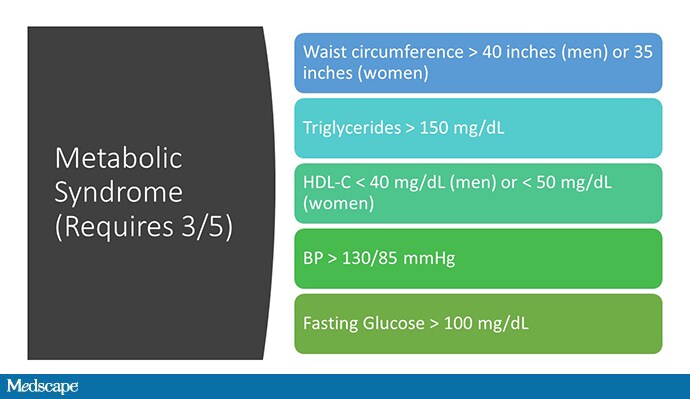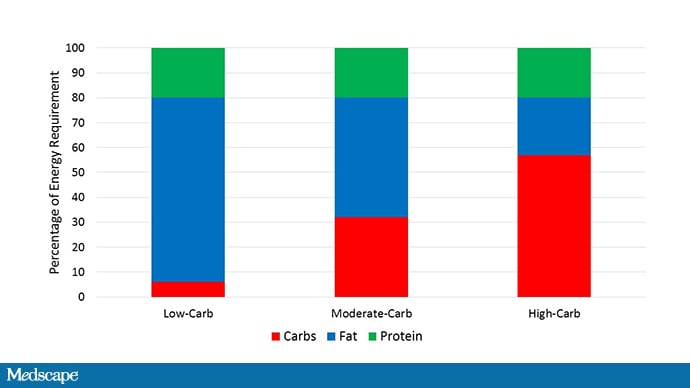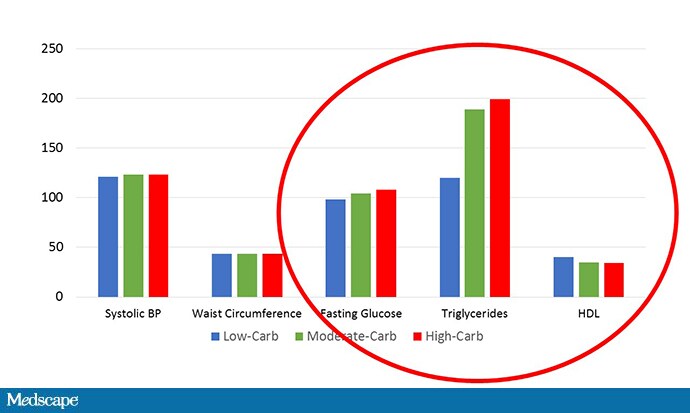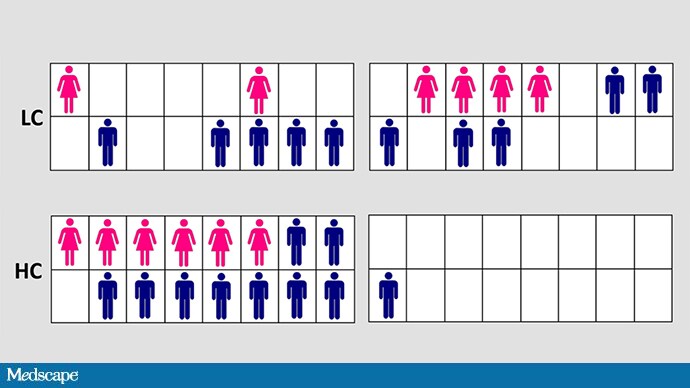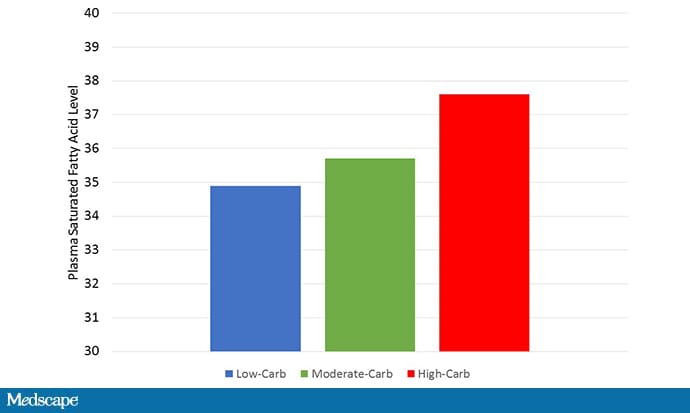Scientists say diabetes is five separate diseases, and treatment could be tailored to each form.
Diabetes - or uncontrolled blood sugar levels - is normally split into type 1 and type 2.
But researchers in Sweden and Finland think the more complicated picture they have uncovered will usher in an era of personalised medicine for diabetes.
Experts said the study was a herald of the future of diabetes care but changes to treatment would not be immediate.
Diabetes affects about one in 11 adults worldwide and increases the risk of heart attack, stroke, blindness, kidney failure and limb amputation.
Type 1 diabetes is a disease of the immune system, which affects around 10% of people with the condition in the UK. It errantly attacks the body's insulin factories (beta-cells) so there is not enough of the hormone to control blood sugar levels.
Type 2 diabetes is largely seen as a disease of poor lifestyle as body fat can affect the way the insulin works.
The study, by Lund University Diabetes Centre in Sweden and the Institute for Molecular Medicine Finland, looked at 14,775 patients including a detailed analysis of their blood.
The results, published in The Lancet Diabetes and Endocrinology, showed the patients could be separated into five distinct clusters.
- Cluster 1 - severe autoimmune diabetes is broadly the same as the classical type 1 - it hit people when they were young, seemingly healthy and an immune disease left them unable to produce insulin
- Cluster 2 - severe insulin-deficient diabetes patients initially looked very similar to those in cluster 1 - they were young, had a healthy weight and struggled to make insulin, but the immune system was not at fault
- Cluster 3 - severe insulin-resistant diabetes patients were generally overweight and making insulin but their body was no longer responding to it
- Cluster 4 - mild obesity-related diabetes was mainly seen in people who were very overweight but metabolically much closer to normal than those in cluster 3
- Cluster 5 - mild age-related diabetes patients developed symptoms when they were significantly older than in other groups and their disease tended to be milder
Image copyright Getty Images
Prof Leif Groop, one of the researchers, told the BBC: "This is extremely important, we're taking a real step towards precision medicine.
"In the ideal scenario, this is applied at diagnosis and we target treatment better."
The three severe forms could be treated more aggressively than the two milder ones, he said.
Cluster 2 patients would currently be classified as type 2 as they do not have an autoimmune disease.
However, the study suggests their disease is probably caused by a defect in their beta-cells rather than being too fat.
And perhaps their treatment should more closely mirror patients who are currently classed as type 1.
Cluster 2 had a higher risk of blindness while cluster 3 had the greatest risk of kidney disease, so some clusters may benefit from enhanced screening.
Better classification
Dr Victoria Salem, a consultant and clinical scientist at Imperial College London, said most specialists knew that type 1 and type 2 was "not a terribly accurate classification system".
She told the BBC: "This is definitely the future of how we think about diabetes as a disease."
But she cautioned the study would not change practice today.
The study was only on Scandinavians and the risk of diabetes varies considerably around the world, such as the increased risk in South Asians.
Dr Salem said: "There is still a massively unknown quantity - it may well be that worldwide there are 500 subgroups depending on genetic and local environment effects.
"Their analysis has five clusters, but that may grow."
Sudhesh Kumar, a professor of medicine at Warwick Medical School, said: "Clearly this is only the first step.
"We also need to know if treating these groups differently would produce better outcomes."
Dr Emily Burns, from Diabetes UK, said understanding the diseases could help "personalise treatments and potentially reduce the risk of diabetes-related complications in the future".
She added: "This research takes a promising step toward breaking down type 2 diabetes in more detail, but we still need to know more about these subtypes before we can understand what this means for people living with the condition."
